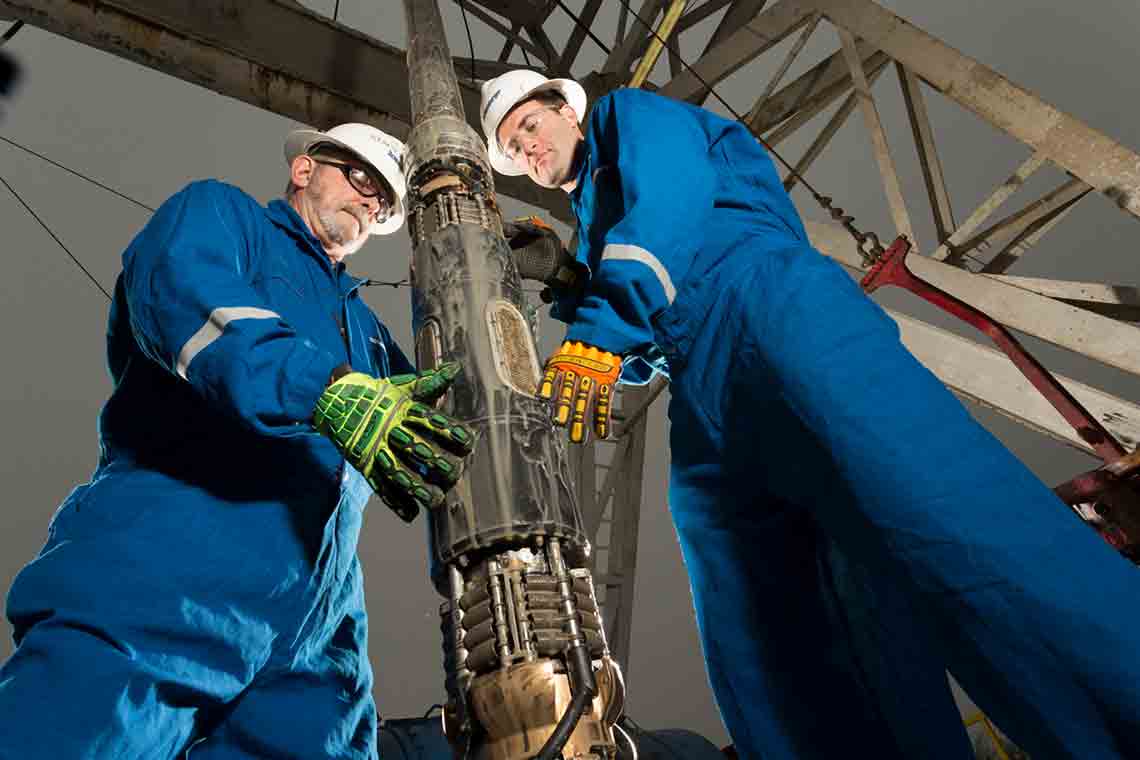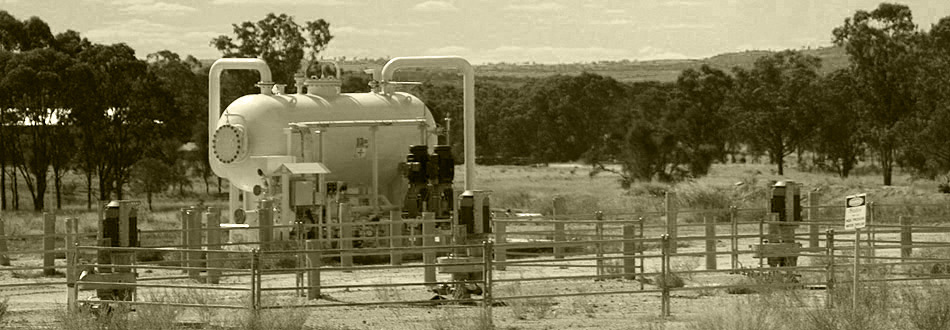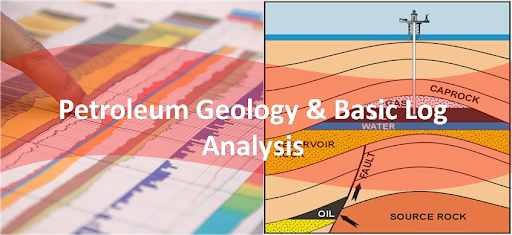

You will gain all the confidence you need to understand and interpret all the basic open-hole logs.
By the end of this training course, participants will be able to:
Geologists, Geophysicists, Geomechanics Engineers, Drilling Engineers, Production Engineers, Completion Engineers, Reservoir Engineers, Petrophysicists, Petroleum Engineers, Exploration Supervisors and managers concerned with the Geomechanics challenges of field development and exploration, Supervisors and managers concerned with wellbore stability, Technicians and Managers who are exposed to open-hole logs in their daily work
Course Outline:
CDGA attendance certificate will be issued to all attendees completing minimum of 80% of the total course duration.
| Code | Date | Venue | Fees | Register |
|---|---|---|---|---|
| GE101-02 | 10-05-2026 | Dubai | USD 5450 | |
| GE101-03 | 16-08-2026 | Riyadh | USD 5450 | |
| GE101-04 | 07-12-2026 | Kuala-Lumpur | USD 5950 |

Cased-hole logging involves retrieving logging measurements through the well casing, or the metal piping that is inserted into the well during completion operations. Cased-hole logging is performed mo ...

In the E&P business, integrated petroleum engineering studies and field development plans are management tools which are used to maximize economic recovery of hydrocarbons. Petrophysical engineers ful ...
.jpg)
This course will helps the candidates determine the amount of hydrocarbons in their reservoir. It does this by calculating porosity and water saturation using well logging data. It will also provide a ...

Geology is the science that deals with the history and structure of the earth and its life forms, especially as recorded in the rock record. A basic understanding of its concepts and processes is esse ...
Providing services with a high quality that are satisfying the requirements
Appling the specifications and legalizations to ensure the quality of service.
Best utilization of resources for continually improving the business activities.
CDGA keen to selects highly technical instructors based on professional field experience
Since CDGA was established, it considered a training partner for world class oil & gas institution
3012, Block 3, 30 Euro Business Park, Little Island, Co. Cork, T45 V220, Ireland
Mon to Fri 09:00 AM to 06:00 PM
Contact Us anytime!
Request Info